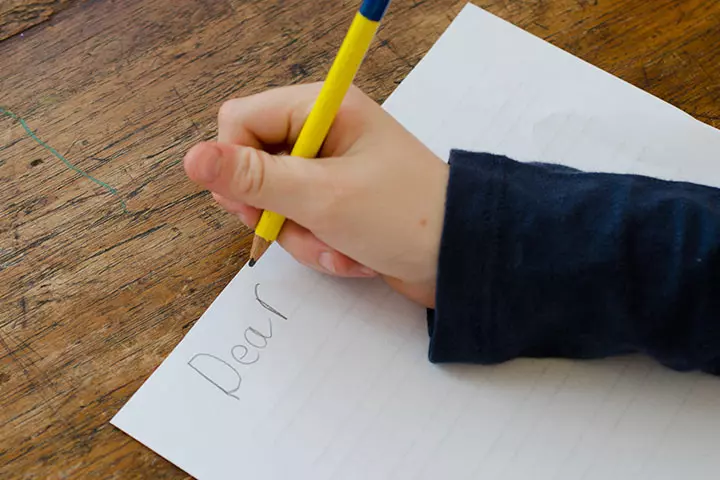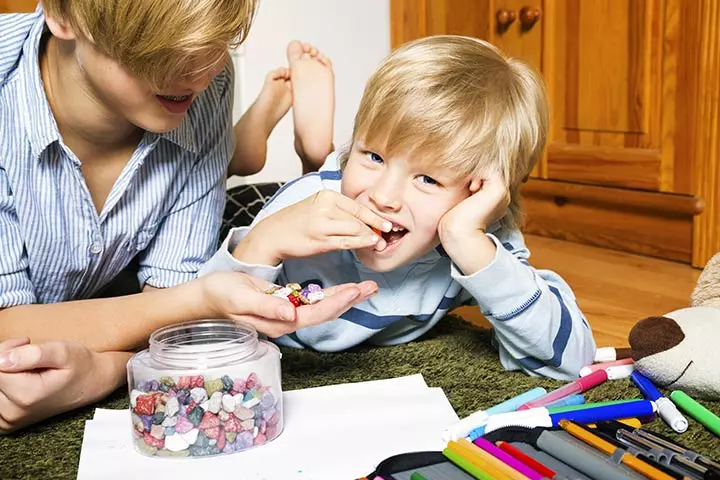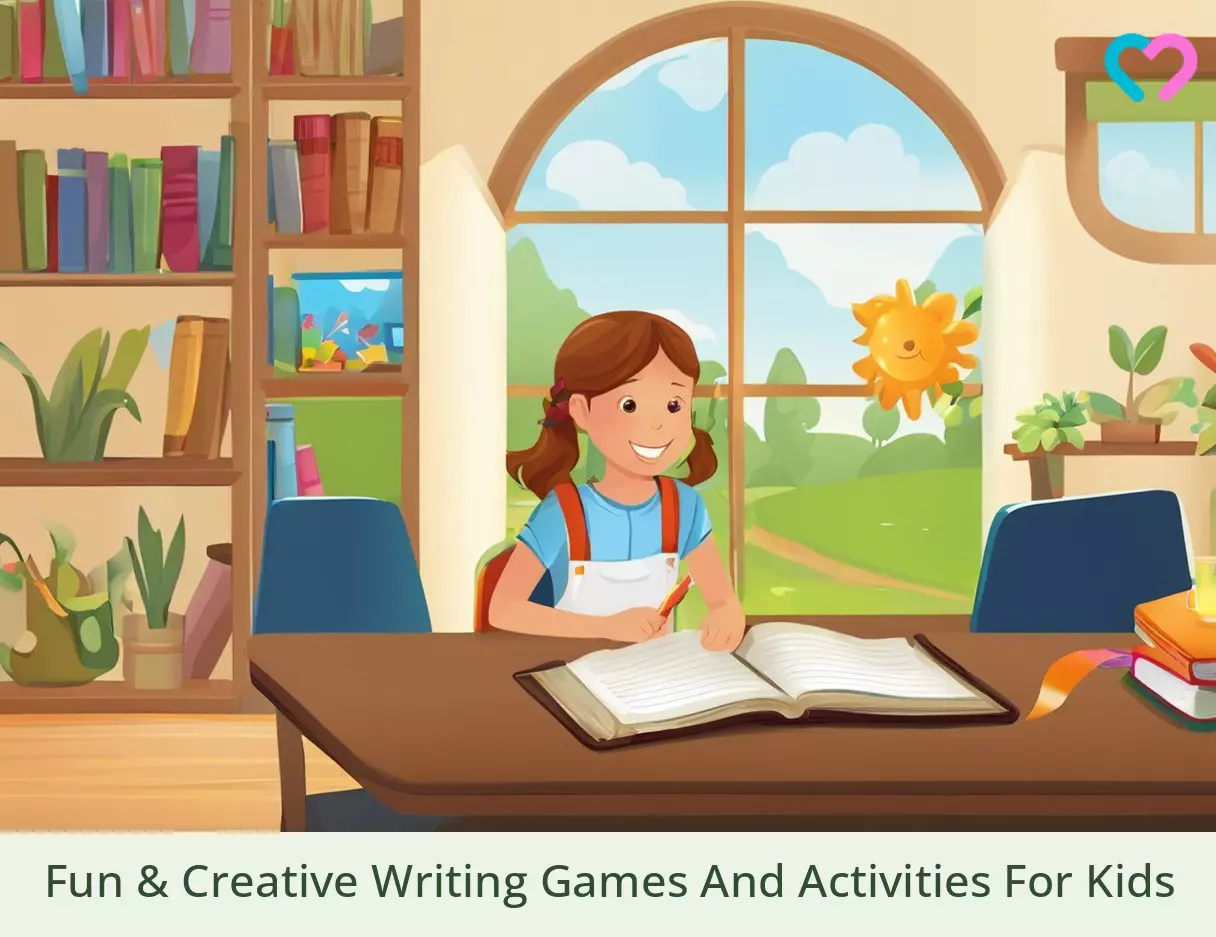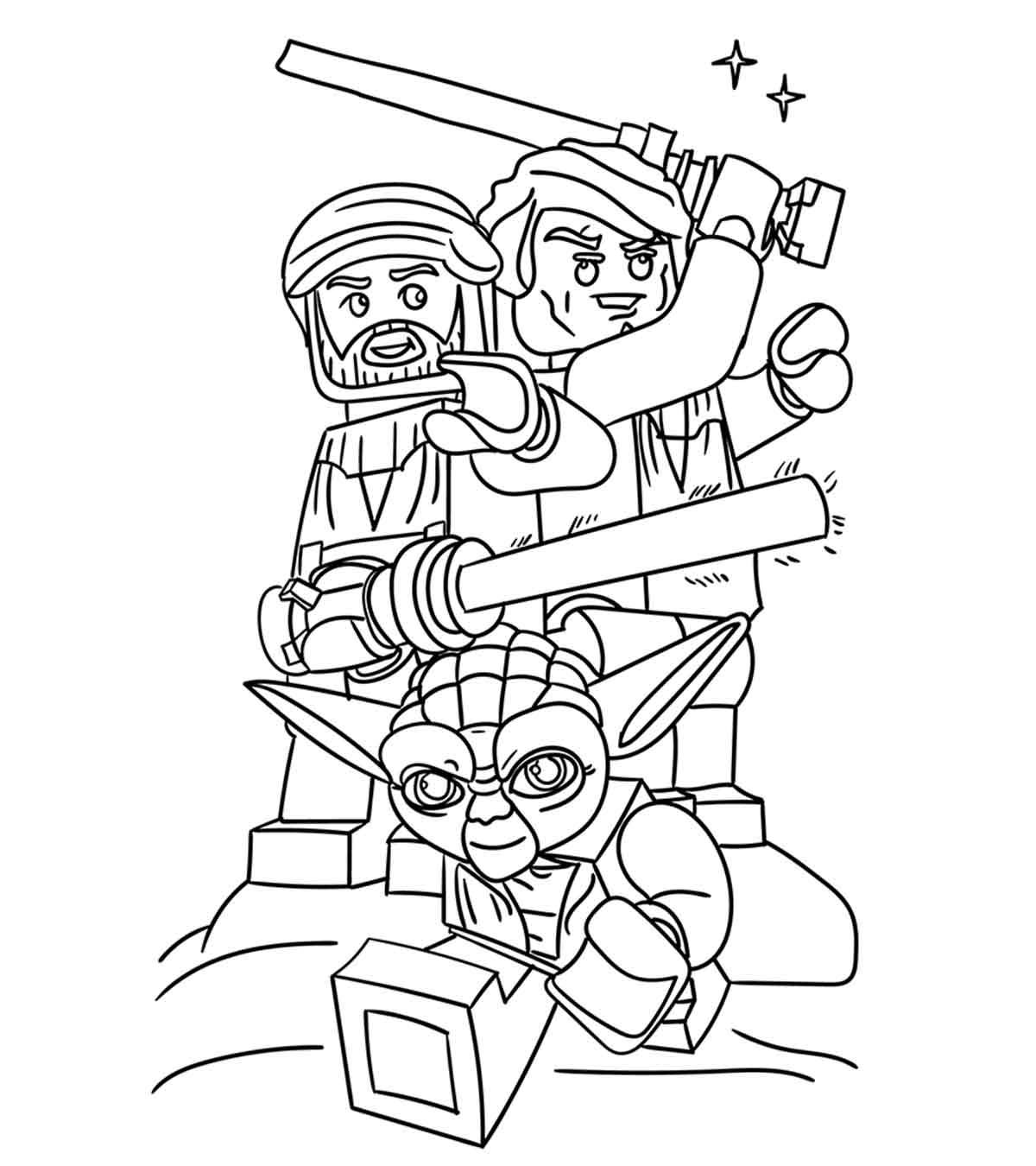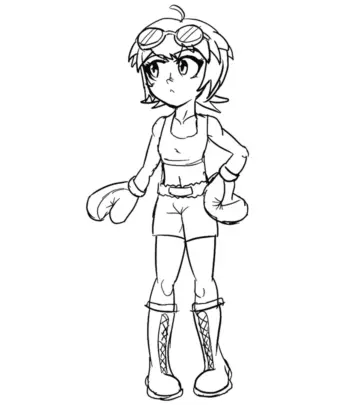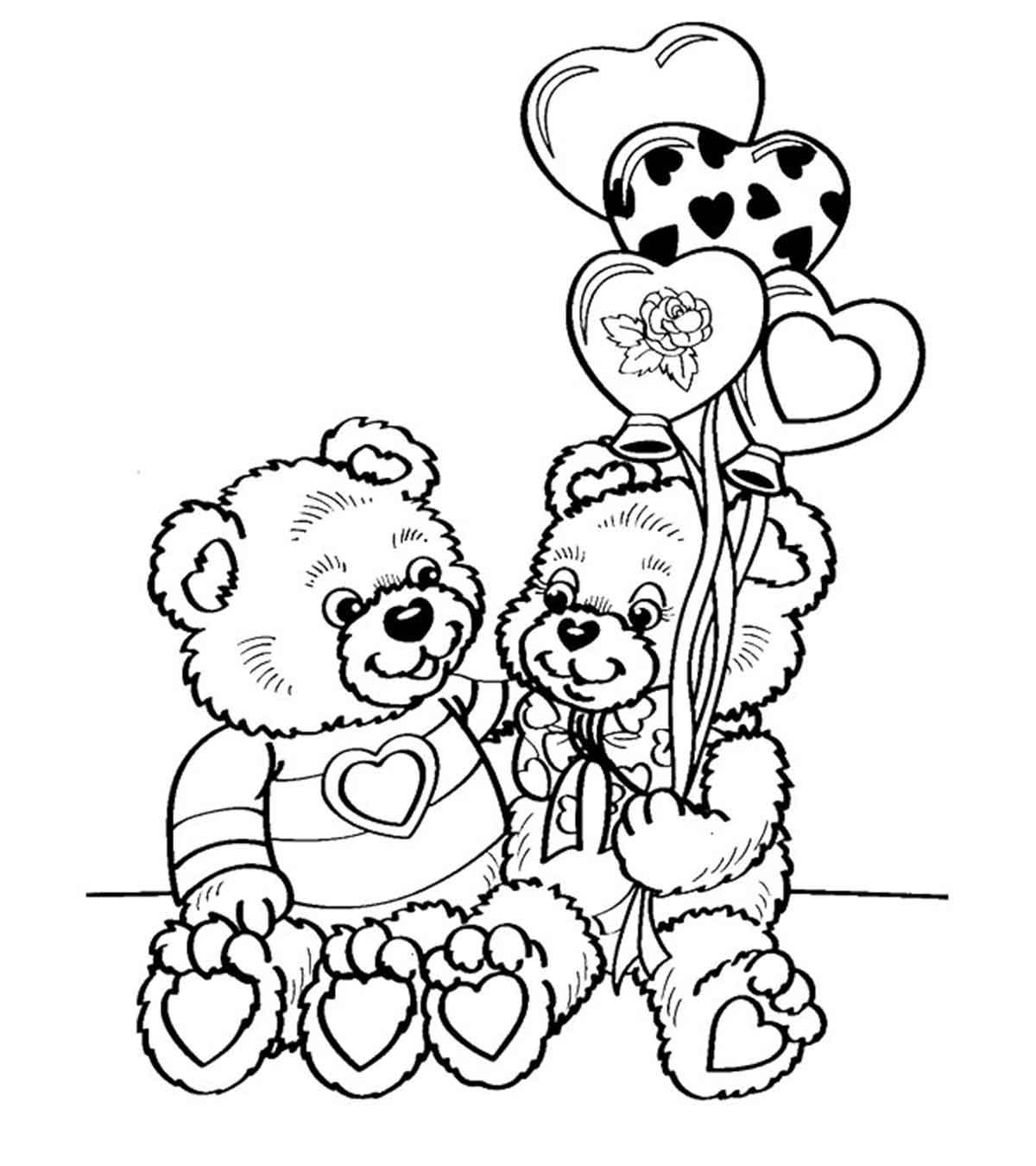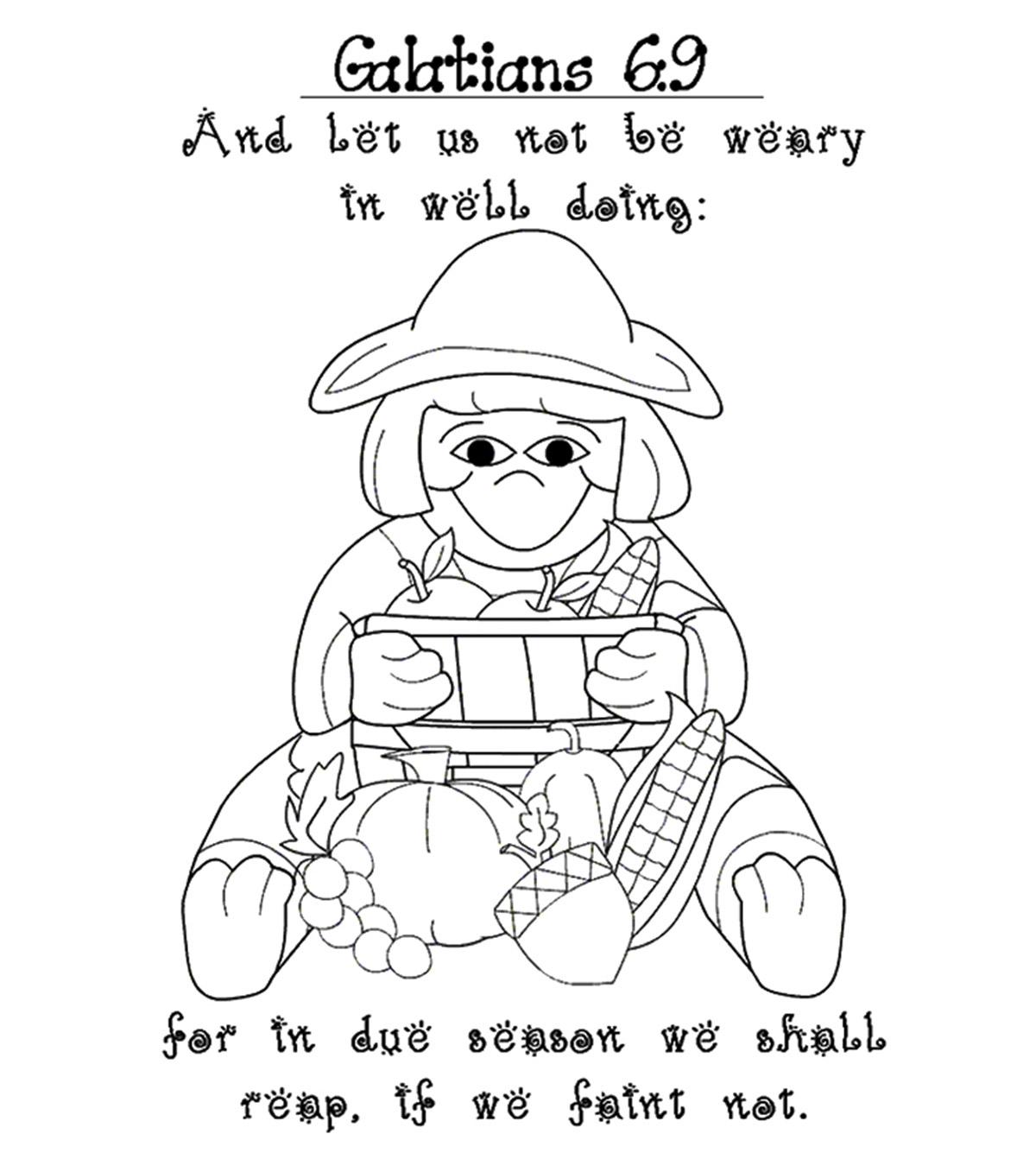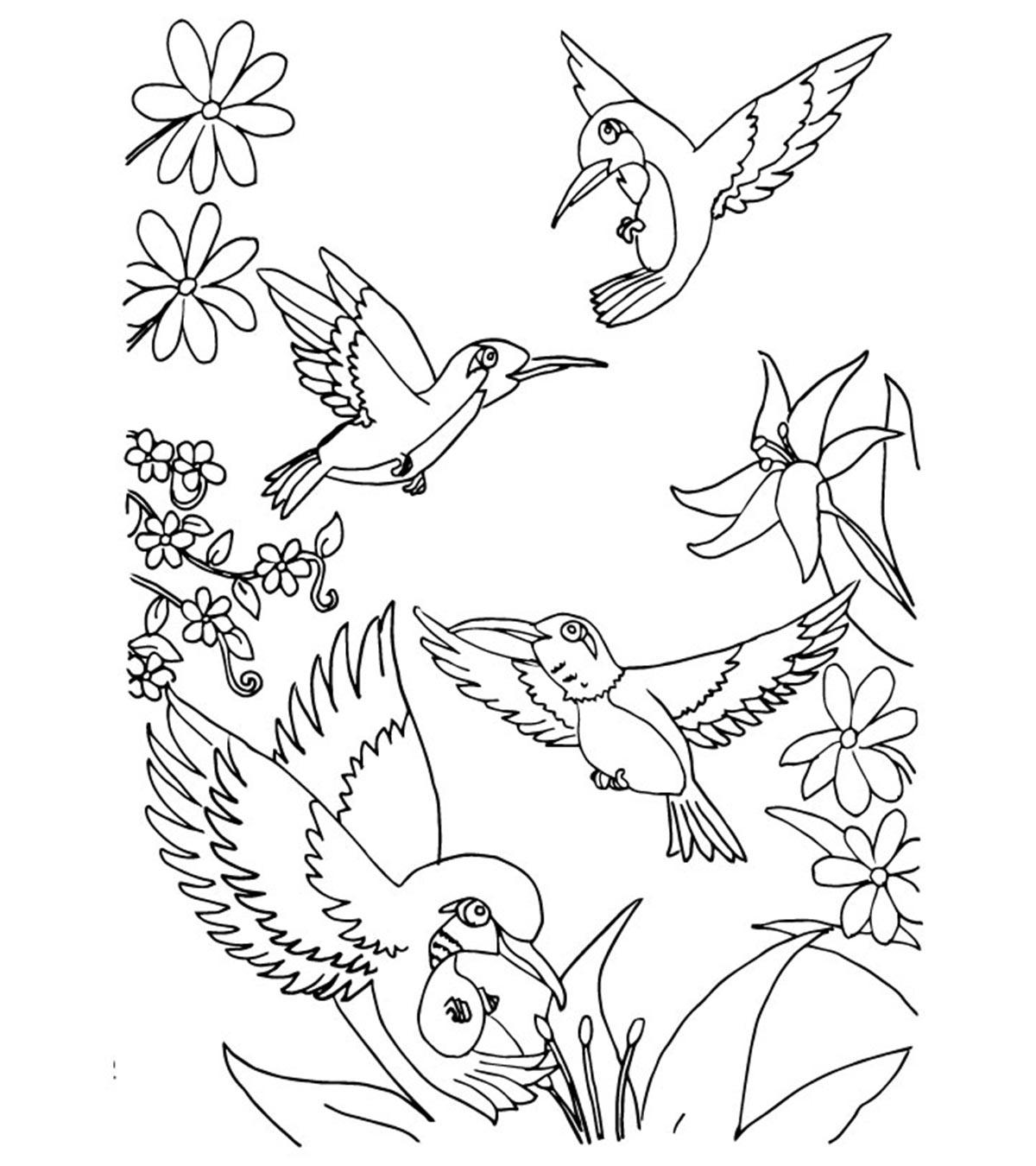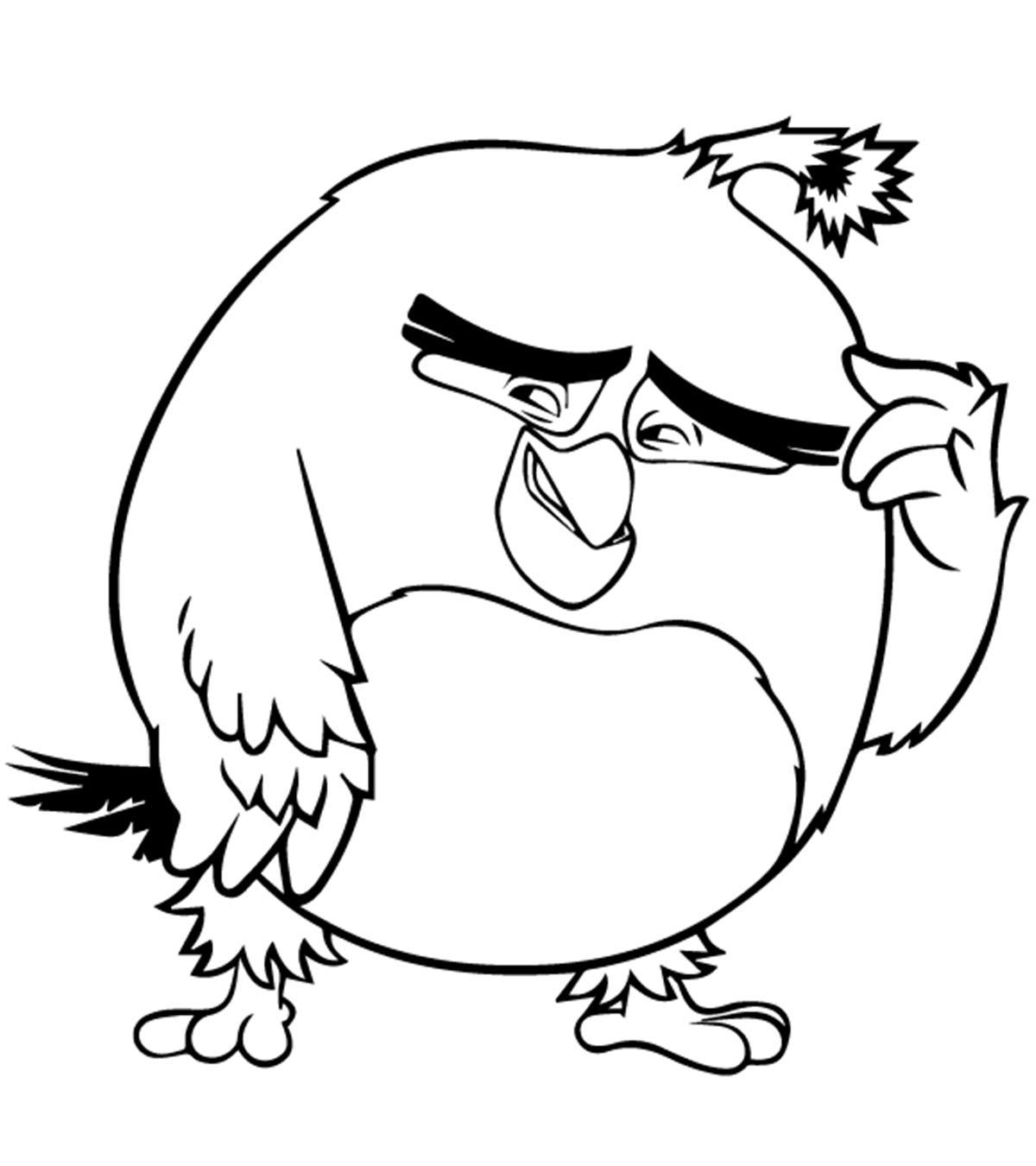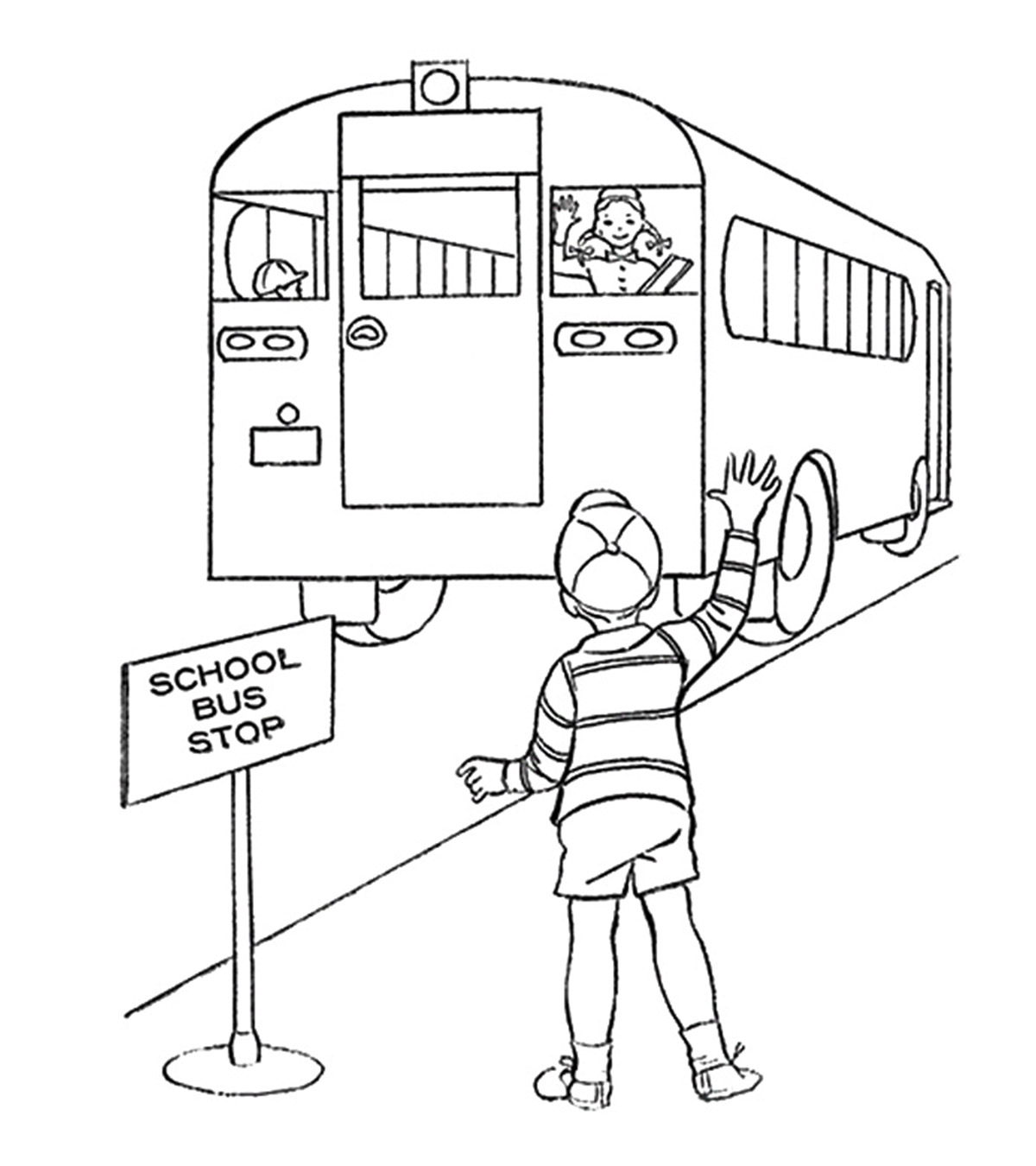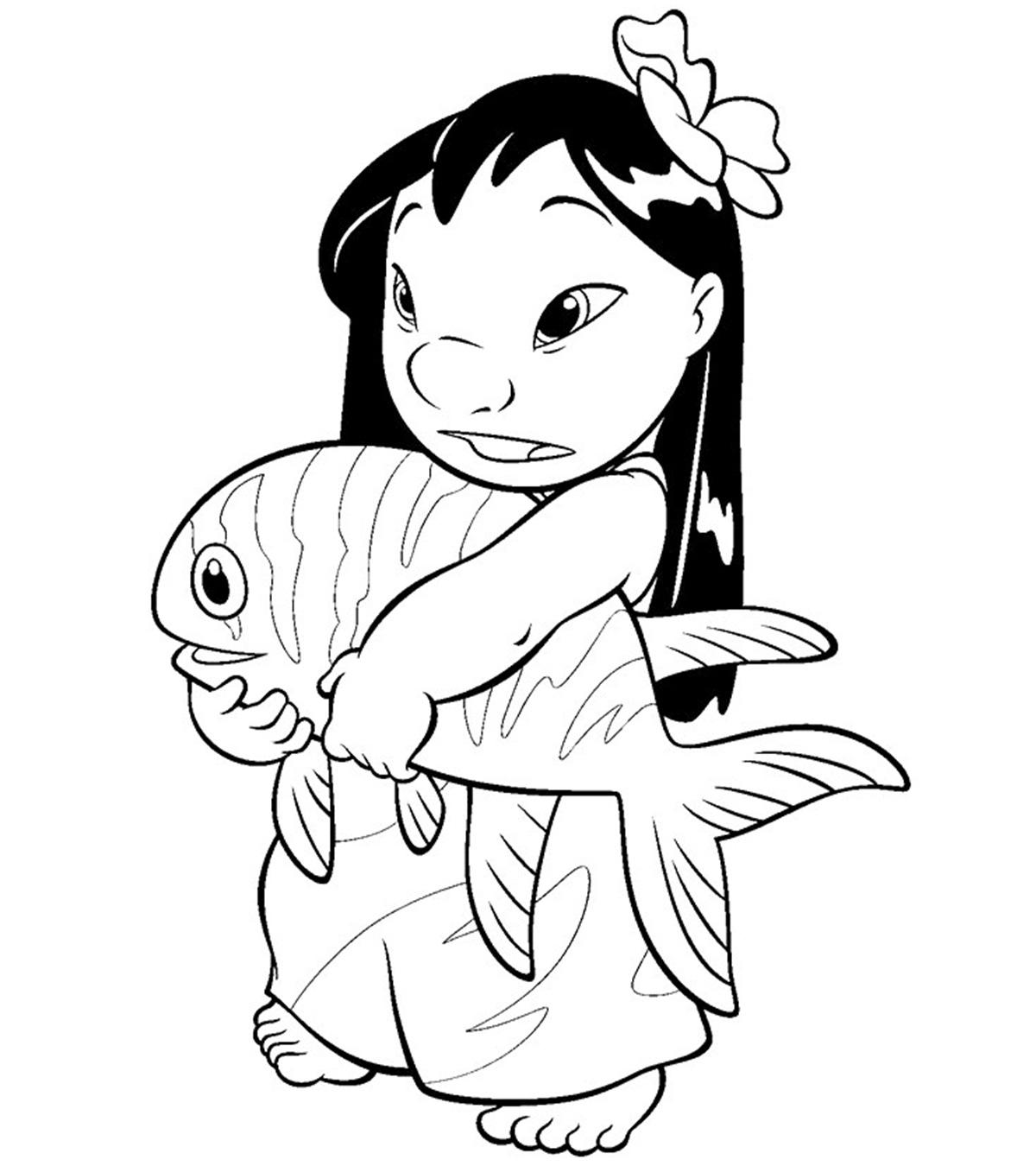
Mark Twain said, “Writing is easy. All you have to do is cross out the wrong words.” Although children may not find it that easy and entertaining, you can inculcate the habit through interesting writing games for kids. It is a fun and distinct way of piquing their interest in this skill by letting them enjoy it as they learn. In this post, we have a list of the best games and activities to help you engage your children in writing while having fun.
Key Pointers
- Pique your children’s interest in writing by introducing Pictionary of secret phrases followed by drawing.
- “Finish the story” will enhance the child’s creativity as they take turns to add sentences to the story.
- Dialogue or advertisement writing, word drawing, etc., for your children as you scroll down.
Fun Writing Games For Kids
Writing games need not be all plain, boring or intense. You can try some creative ways to make writing pleasant and enjoyable. Try these fun games for children to begin their lessons in writing.
1. Secret Pictionary
A game of Pictionary is fun to play when there are more than three players.
You can play this game even without the Pictionary cards as all you need is a pencil and a blank paper.
How to:
- The first player writes a random phrase and passes it on to the next player.
- The second player has to draw an image based on his/her perception of the phrase written by the first player. Fold the first phrase, and pass it to the next player.
- Now the third player has to understand the drawing by the second player and write a line or a phrase based on the drawing. Fold the paper to cover the first phrase and the first drawing, and pass it on.
- This shall go on with the phrase and drawing alternately until it reaches the last player.
- Unfolding all the pages at the end of the game will reveal a very funny short story.
Charlotte Bismuth, a mother and an author, shares how pictionary brings her family together for a fun after-dinner entertainment. She says, “Last week, my husband and I played Pictionary with our little girls after dinner for three consecutive nights… The first night, I was just so happy we’d played. The second night, I thought it was just a lucky break. By the third night, I was ecstatic —we were on the brink of a family tradition! I couldn’t believe it was possible to anchor in something fun (ⅰ).’’
2. Telephone oracle
Image: IStock
Asking your questions to the Oracle is like sitting with a funny magic ball. Come up with wacky questions and gear up for equally wild answers.
How to:
- Every player has to write one question each which they want the Oracle to answer, at the top of the page.
- Now every player has to pass their papers to the person on their left.
- Each player has to answer the question according to their perception.
- Now the players have to conceal the question written on the top portion by folding it and then pass on the papers again to their left.
- This step is tricky but interesting. Every player has to write a possible question after reading the previous answer they see in their paper.
- Fold the paper such that only the latest question is visible and pass it to the left side player.
- The same rounds continue till the bottom of the page and end with an answer.
- At the end of the game, all the players unfold their papers to read their original question, the answers they have received, and everything in between. Kah-ray-zee! You will be surprised to see the crazy answers to your original question.
3. Finish the story
Image: IStock
Your search for creative writing games for kids ends here. This is a delightful and engaging storytelling game you can indulge in during playtime.
How to:
- The first player writes two lines on a paper and folds the first line so that only the second line is visible to the next player.
- The second player has to guess the first line, read the second line, add another line to the story and fold the paper such that the first two lines are covered and only the last line is visible.
- All the players continue adding their lines to the story.
- The end result will be a very funny tale with no meaning at all.
4. Consequences
Image: Shutterstock
This incredibly enjoyable writing game will keep your child writing on new pages for multiple rounds. You will need a pen, paper, and a minimum of 6 players to play the game.
How to:
- The first player has to write the name of a male, on the paper. After writing, conceal the name by folding the paper.
- The second player has to write the name of a female and then fold it again, to conceal it.
- The next player has to write about where they met and fold the paper.
- The fourth player has to write about what he said and fold to conceal it.
- The fifth player writes what she said, and conceals it.
- The last player has to write about what happens in the end.
- Then, unfold the paper to read a very funny story.
- Note that children can write any name, be it their favorite hero or friends in the school, parents or just anybody.
 Did you know?
Did you know?Interesting Writing Activities For Kids
These activities can enhance writing skills and benefit the family’s daily life. Children can tap into their creativity beyond just playing board games and quizzes.
5. Grocery list writing
Image: IStock
This is one of the fun writing activities for kids that requires minimal effort and helps them learn the names of many grocery items, such as types of bread, toiletries, and even spices.
How to:
- Grab a pen and paper, and head to the kitchen pantry.
- With the assistance of parents, kids have to note down each item and the quantity required.
- You can color code each item to make it easier for them to access.
- Make an elaborate grocery list and head out for shopping.
6. Writing letters
Image: IStock
Writing letters is old school but is still relevant. So, why not introduce your kids to the old-world charm with this letter writing activity?
How to:
- Decide which form you wish to write — a formal letter or an informal one.
- Accordingly, choose whom to address the letter.
- Keep the letter content crisp if it’s a formal letter and give it an emotional feel if you are writing an informal one.
 Quick fact
Quick fact7. Advertisement writing
Image: Shutterstock
This writing activity can keep their creative juices flowing.
How to:
- Pick an item to write about. For example, children may choose to write an advertisement for their favorite candy.
- Let them write an entertaining advertisement to sell the product.
- Kids can get innovative and may design brochures, leaflets or even a hoarding style ad.
8. Dialogue writing
Image: IStock
Dialogue is a conversation or interaction between two or more people. This activity can also improve their style of conversation. You can begin with simple dialogues.
How to:
- Write an introductory line to begin the activity.
- The next player has to reply to the previous line.
- Keep adding dialogues after each line. In the end, you will have your very own record of the conversation.
9. Written debate
Image: IStock
This activity is similar to dialogue writing, but will have an argumentative tone. This writing activity will help in enhancing their conversational and presentation skills.
How to:
- Pick a subject and write down your first argument on the paper.
- Let your child reply to the argument, putting forth his/her point.
- It goes on like a debate but in a written format.
10. Writing instructions
Image: IStock
Learn direct speech through this activity.
How to:
- Choose a subject to write instructions about. For example, an experiment on lighting a bulb.
- Kids must write about the tools required and elaborate instructions about how to light a bulb, in detailed steps.
- The style of writing must be communicative and simple to follow.
11. Writing a poem
Image: Shutterstock
Poetry knows no boundaries or age limits. Writing poems is a creative pursuit well-suited for children who love writing.
How to:
- Select a theme to write about.
- Kids can use rhyming words or just express their emotions in whichever poetic style they like.
12. Writing a message on the envelope
Image: IStock
Be it a birthday greeting or a thank you note, this activity will help the child write short messages on cards and envelopes.
How to:
- Pick a card or envelope depending on the occasion.
- Write a short crisp paragraph to convey the message.
- Add a salutation, “To” address and a “From” address.
- If your child enjoys crafts, they can also make unique cards with meaningful messages.
13. Newspaper summary writing
Image: Shutterstock
This activity is ideal for older kids. It helps in understanding their level of reasoning and perception.
How to:
- Assign a newspaper headline for them to read and follow.
- Kids have to go through the entire news article, read and understand it in detail.
- Now the challenge is to write a summary about the same news article in their style.
14. Five lines about their hero
Image: IStock
Children will enjoy playing this game for sure as it involves their favorite superhero.
How to:
- Find out who your child’s favorite superhero/ idol is.
- Ask them to write any five things about him/her, which they admire.
15. Drawing words
Image: IStock
This activity does not involve writing directly but inspires to write and makes learning enjoyable for kids. Make their imagination run wild with this game.
How to:
- Choose a word to draw. It can be any word like sun, moon, precious, beautiful, mountain or anything.
- Let the child draw the word in their style. Do not insist on drawing it perfectly. They can create a doodle too if they want.
15. Starting a feelings journal
Image: IStock
Children often find it difficult to express how they feel as expressing oneself is a learning process that develops gradually. This activity can serve as an amazing emotional outlet for your child and help you understand them much better.
How To:
- Printed journals are available that contain pictorial depictions of various feelings and emotions from which the child can choose daily.
- You may also DIY such a journal from a regular one by printing different pictures of emotions and telling your child to add a few words every day.
- Encourage them to write vivid descriptions of what they feel and the reason behind it for the activity to become more productive.
Frequently Asked Questions
1. How does writing help in the growth of a child?
Writing helps in a child’s growth by promoting language development, improving spelling knowledge, developing communication skills in kids, enhancing creativity, promoting critical thinking and problem-solving skills, and fostering emotional intelligence. It also helps children develop fine motor skills and self-discipline. Additionally, writing can serve as an outlet for children to express their thoughts and feelings, leading to increased self-awareness and self-esteem.
2. What are the benefits of writing games for kids at home and school?
Writing games for kids offers numerous benefits, such as improving language skills, encouraging creativity, boosting confidence, enhancing critical thinking, and developing fine motor skills. Writing games can help children develop their language skills, including vocabulary, grammar, and sentence structure. These games can also challenge children to think critically and encourage them to be imaginative in their writing, leading to a more positive attitude toward learning.
3. What age range are writing games suitable for?
Writing games vary for children of varying age groups, depending on the game’s complexity. For example, a game of writing a poem can be played by children over six years, while drawing games are ideal for toddlers. As your child grows, expose them to a variety of writing games.
4. Can writing games help children overcome writer’s block?
Writing games enhance critical thinking, improves language skills, and sparks creativity in children, enabling them to overcome writer’s block. Provide different prompts and challenges to your child to promote thinking abilities. Besides, you can invite their friends and organize a collaborative writing activity. Give feedback to everyone so that children can refine their writing.
5. How can parents encourage their children to engage with writing games?
Parents can motivate kids to participate in writing games by making these activities fun and consistent parts of family routines. Setting up a family game night dedicated to writing games creates an engaging, low-pressure environment where kids feel excited to join. Offering small rewards, like extra playtime or a favorite treat, can encourage participation and add a sense of achievement. Additionally, parents can integrate writing games into daily routines, making them a regular, enjoyable experience. Choosing games that match kids’ interests, like storytelling or word puzzles, can also make the experience more enjoyable and boost their enthusiasm for writing.
6. Can writing games help kids develop their storytelling abilities?
Children engaging in writing while playing games boosts their imagination and creativity. They can also express their thoughts and emotions when playing writing games, thereby aiding in developing their storytelling skills. Encourage your child to explore various writing styles and create a unique composition.
7. How can technology be used for writing games for kids?
Technology provides opportunities to choose interactive games and apps containing several engaging learning experiences, capturing children’s attention and promoting creativity and inclusivity. Parents can choose age-appropriate writing activities and receive instant feedback and suggestions that help sharpen their writing skills.
Writing is an integral part of children’s education that helps them express themselves better. It is a life skill that relates to communication and allows children to better understand and remember a particular concept. Writing skills should be developed in children from a young age. However, many children are not enthusiastic about writing because they feel it is a difficult task. In such circumstances, you may introduce writing games for kids. Puzzles and games such as Secret Pictionary or Finish the Story and activities such as Dialogue Writing or Message Writing can help children learn about writing. Anagrams, crosswords, secret code puzzles, and other word games for kids are other good options that will help fine-tune their writing skills. Reading books and journaling are other educational activities for kids that can help enhance children’s self expression abilities.
Infographic: Fun Writing Games For Children
Writing helps children portray their creative thinking on paper and enhances their skills. But not all children are equally eager about writing. So, why not make writing interesting for them with the help of games? The following infographic lists exciting writing games to engage your children. We are sure they will love it. Illustration: Momjunction Design Team
Illustration: Fun & Creative Writing Games And Activities For Kids
Image: Stable Diffusion/MomJunction Design Team
Engage your kids in fun pre-writing activities! Learn how to help them develop their writing skills in a creative way.
Personal Experience: Source
MomJunction articles include first-hand experiences to provide you with better insights through real-life narratives. Here are the sources of personal accounts referenced in this article.
ⅰ. Parenting With and Without Divorce;https://cbismuth.medium.com/parenting-with-and-without-divorce-b569cf7f2267
Community Experiences
Join the conversation and become a part of our nurturing community! Share your stories, experiences, and insights to connect with fellow parents.
Read full bio of Elisa Yi
Read full bio of Harshita Makvana
Read full bio of Deepa Thomas
Read full bio of Nisha Bharatan










